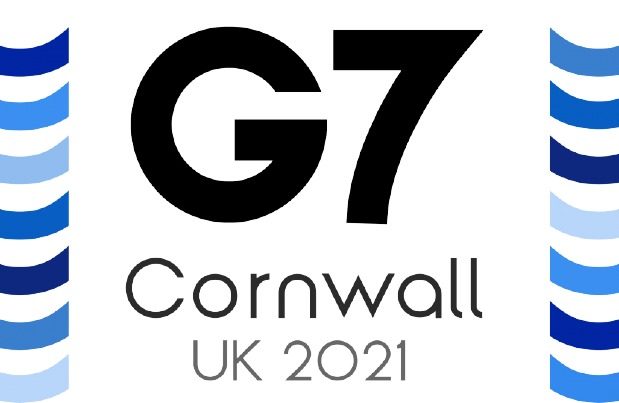G7 Meeting Ends in Global Commitments to Reduce Emissions
By: GenH2 Staff
Read Time: 3 minutes
Leaders of the Group of 7 nations (G7) gathered to discuss how the world can fight to “build back better” in a post-pandemic world. The objective is to create a greener, more prosperous future.
Key topics discussed at the summit included climate change and the world’s commitment to decarbonization, highlighted by UK Prime Minister Boris Johnson, who stated, “Protecting our planet is the most important thing we as leaders can do for our people. There is a direct relationship between reducing emissions, restoring nature, creating jobs and ensuring long-term economic growth.”
He continued, “As democratic nations we have a responsibility to help developing countries reap the benefits of clean growth through a fair and transparent system. The G7 has an unprecedented opportunity to drive a global ‘Green Industrial Revolution,’ with the potential to transform the way we live.”
United States Deputy National Security Adviser Daleep Singh added, “President Biden has committed to tackling the climate crisis at home and abroad, rallying the rest of the world at the leaders summit, G7, and beyond to reach for bold targets within the next decade.”
The Group of 7 nations committed to cutting collective emissions in half by 2030, and agreed by next year to end international funding for “any coal project that lacks technology to capture and store carbon dioxide emissions.” They also “vowed to achieve an overwhelmingly decarbonized electricity sector by the end of the decade.” Finally, all countries committed to “ambitious emission reductions targets in the 2020s” with a goal of “reaching net zero emissions by 2050.”
Additionally, the G7 nations renewed a pledge to raise $100bn a year to help poor countries cut emissions. Developed countries had initially agreed in 2009 to contribute $100bn a year in climate finance to poorer countries by 2020. However, that target was not met, with the Covid pandemic being partially to blame.
Regardless, the renewed agreement did not sit well with climate activists, many of whom think the promises made at the G7 are not nearly enough. As the BBC reports, Action Aid representative Teresa Anderson said: “The G7’s reaffirmation of the previous $100 billion a year target doesn’t come close to addressing the urgency and scale of the crisis.”
Director at Climate Action Network, Catherine Pettengell, told Reuters news agency: “We had hoped that the leaders of the world’s richest nations would come away from this week having put their money their mouth is.”
Details on the pledges made during the summit are still unclear, but there were also important developments on investing in renewable energy and railways in developing nations – which could bring GenH2’s infrastructure all over the world even more quickly than expected.
In their final statement G7 leaders said: “We reaffirm the collective developed countries’ goal to jointly mobilize $100bn/year from public and private sources, through to 2025.”


 Copyright All Rights Reserved GenH2
Copyright All Rights Reserved GenH2 Copyright All Rights Reserved GenH2
Copyright All Rights Reserved GenH2